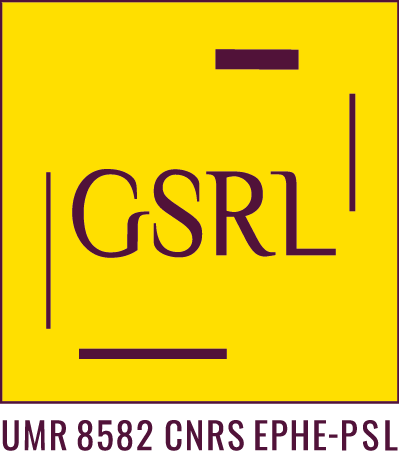

Dimitri Almeida a publié ces dernières semaines deux articles scientifiques dans des revues distinctes. Le premier, intitulé “Doing secularism : commemorating the national day of laïcité in French schools”, est paru dans le second numéro du volume 50 de Religion, State and Society. Il s’intéresse aux moyens du gouvernement français pour promouvoir la laïcité dans les écoles, post-attentats de janvier 2015.
Le second article, disponible en ligne uniquement pour le moment, devrait paraître dans le prochain numéro de Social Compass. Il est intitulé “Space and secularism : Laïcité, spatial governmentality, and exclusion in French hijab stories” et analyse la façon dont une lecture exclusive de laïcité ayant le vent en poupe en France restreint sévèrement la capacité à exister des femmes musulmanes voilées, favorisant, de façon très contreproductive, les stratégies d’adaptations de traverse et la mise à l’écart volontaire de ces femmes qu’on ne laisse pas vivre en paix.
Extrait “Doing secularism : commemorating the national day of laïcité in French schools” :
“After the terrorist attacks of January 2015, laïcité – the particular French version of secularism – has been at the centre of government efforts to reaffirm republican values and strengthen national cohesion. One of the most emblematic measures in this quest was the decision to have state schools celebrate a national day of laïcité. This article seeks to understand how French secularism has been performed during these commemorations. It draws from the assumption that secularism does not only consist of rules on church-state relations and on how religion may or may not manifest itself in the public sphere, but also of representations and routinised practices of secularity. Through an online analysis of nearly 150 school activities organised between 2015 and 2020 across France, this article shows how laïcité remains an indeterminate construct. Commemorations typically take the form of tree-planting ceremonies, re-enacting rituals, and visual or performing arts projects. In many cases, laïcité is diluted in civil religious rituals to the point that it sometimes becomes an empty signifier of patriotism. Other projects, however, reinterpret laïcité as a condition for multicultural citizenship and, in doing so, propose counter-narratives to the notion that multiple identities pose a threat to the Republic.”
Extrait “Space and secularism : Laïcité, spatial governmentality, and exclusion in French hijab stories” :
“The article frames current practices of French laïcité in terms of spatial governmentality. It builds upon this notion to explore spatialised representations of religion and secularism in ‘hijab stories’ (narratives of the self that focus on the daily experiences of women who wear a hijab). The analysis of Fatimata Diallo’s Sous mon voile and Nargesse Bibimoune’s Confidence à mon voile reveals an ever-expansive reach of an exclusionary reading of laïcité. This phenomenon has severely restricted the spatial practice of hijabi women in French society favouring adaptive strategies that include the creation of counter-spaces of subjectivation and self-expression.”
Page de “Doing secularism : commemorating the national day of laïcité in French schools” :
https://www.tandfonline.com/doi/full/10.1080/09637494.2022.2061829
Page de “Space and secularism : Laïcité, spatial governmentality, and exclusion in French hijab stories” :
https://journals.sagepub.com/doi/full/10.1177/00377686221103130
Almeida, Dimitri. “Doing secularism : commemorating the national day of laïcité in French schools” dans Religion, State and Society (50/2). Abingdon-on-Thames : Taylor and Francis, 2022, pp. 208-223
Almeida, Dimitri. “Space and secularism : Laïcité, spatial governmentality, and exclusion in French hijab stories” dans Social Compass, en ligne (https://journals.sagepub.com/doi/10.1177/00377686221103130, testé le 15/06/22), 2022, 17 p.
(sources : https://www.tandfonline.com/doi/abs/10.1080/09637494.2022.2061829 / https://journals.sagepub.com/doi/10.1177/00377686221103130)



